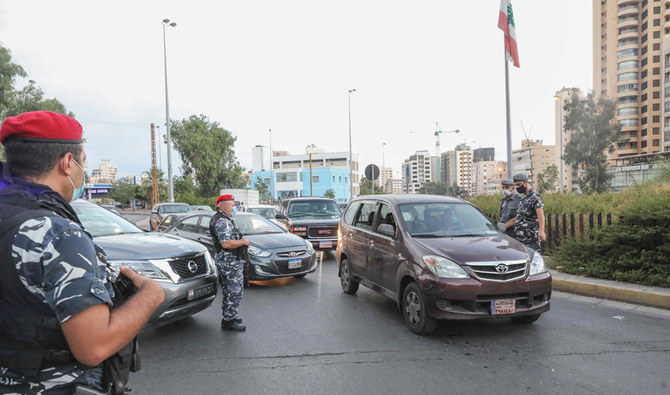
by NAJIA HOUSSARI — arabnews — BEIRUT: Lebanese schools are likely to reopen in the last week of September, said Minister of Education and Higher Education Tarek Majzoub. Amid a rise in COVID-19 cases, the Education Ministry is finalizing a health protocol that will be presented to the Health Ministry for its opinion this week. “Blended education will be adopted, and if conditions worsen we will return to distance learning,” said Majzoub.
But anxiety among students and their families is growing due to the absence of logistical equipment required to undergo distance learning. In addition, the massive explosion at the Port of Beirut earlier this month destroyed many schools in the capital. The numbers destroyed or damaged reached 92 public schools in and around Beirut, 67 private schools and 20 public vocational institutes, according to statistics from the Education Ministry. UNICEF said in a report: “Schools should not reopen except when they are safe for students … The authorities must be flexible and prepared to adapt to verify the safety of every child.”
Schools in Lebanon are working on plans to provide catch-up lessons or revision of those from the past year. “The committee for the follow-up of preventive measures and procedures for coronavirus, which met on Aug. 18, recommended a move toward blended education, starting from the end of September, and the situation is evaluated after three weeks,” Hilda El-Khoury, director of guidance and counseling at the Education Ministry, told Arab News. “If the spread of the virus worsens, schools turn to distance learning and then return to blended learning,” she said. Blended learning “allows the division of place-based classroom learning so attendance doesn’t exceed 50 percent of the school’s capacity, so as to respect health measures,” she added.
Father Boutros Azar, secretary-general of the General Secretariat of Catholic Schools in Lebanon and coordinator of the Association of Private Educational Institutions in Lebanon, said 55 Catholic schools in Beirut were destroyed or damaged by the blast. “The initial cost of restoration and reconstruction is estimated at $13 million,” he told Arab News. “The launch of the school year needs clear directions from the government, specifically the ministries of health and education, as well as from the World Health Organization,” he said. “Health experts in Lebanon expect the worst during September, and we’re facing three scenarios: Either distance learning may be a solution for some time until the virus subsides; or the school gives paper lessons that are delivered to parents to learn at home, and this is difficult; or blended learning in the sense of going to school in fewer numbers for certain days and on other days learning at home,” he added. “There are many obstacles that private schools face. Who provides electricity and internet for students and parents in a country facing electricity rationing and high costs for using the internet? How can brothers study in the same household using one computer at the same time? How will parents follow up on their children, especially if they work outside the home? If students go to school, there are great costs for sterilization and safe transportation … And there’s a problem with school fees.”



